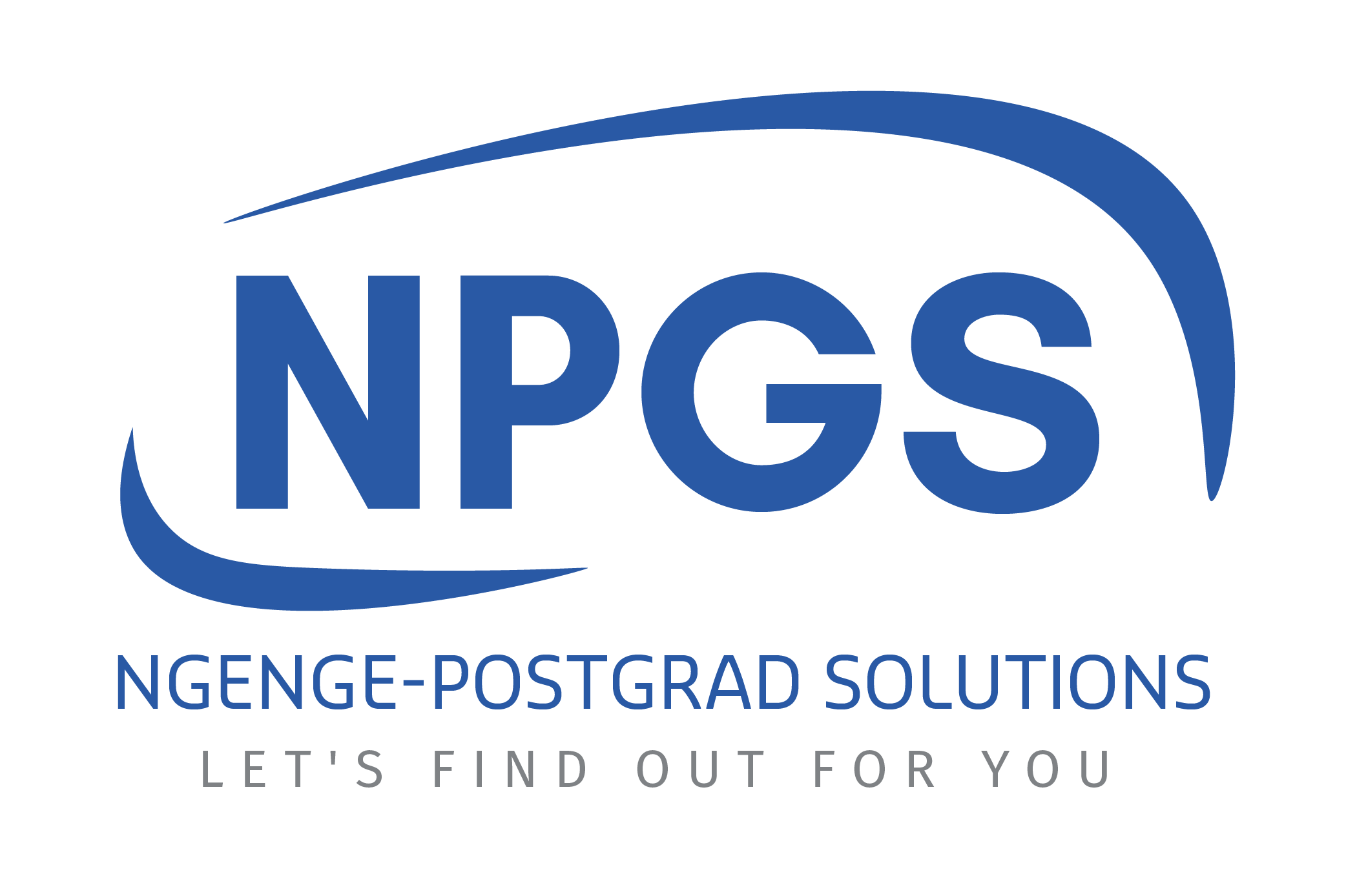There are six scholarship programmes offered by IsDB:
- Undergraduate
- Master’s
- PhD and Post-Doctoral Research Programme
- IsDB-ISFD for Technical Vocational Education & Training (TVET) for 21 Least Developed Member Countries (LDMCs): Afghanistan, Bangladesh, Benin, Burkina Faso, Chad, Comoros, Djibouti, The Gambia, Guinea, Guinea-Bissau, Mali, Mauritania, Mozambique, Niger, Senegal, Sierra Leone, Somali, Sudan, Togo, Uganda and Yemen
- IsDB-ISFD Bachelor studies for 21 LDMCs as mentioned in No. 4 above
- IsDB-The World Academy of Science (TWAS) Joint Programme for Capacity Building and Technology Transfer
Objective
The Programmes are important parts of the developmental initiatives led by the Bank since 1983 to foster technology and knowledge sharing among its member countries and Muslim communities in non-member countries. They are designed to attract talented male and female students and in order to build the right competencies required with a special focus on sustainability sciences to empower communities and to assist them in achieving their national and global development plans including the Sustainable Development Goals (SDGs). The motto is to develop the students/researchers as Good Citizens & Competent Professionals (GCCPs).
Concept
The IsDB Scholarship Programme is more than just a scholarship programme in the traditional sense of a straight financial assistance to the outstanding and qualified students. It is also a tool for the improvement of the socio-economic conditions of the Member Countries and Muslim communities. It is basically a scholarship programme and a development programme at the same time, since the scholarship is given as an interest-free-loan (Qard Hasan) to the students and as a grant to their communities /countries to which they belong.
The students are required to fulfil the obligations detailed, under each programme, after graduation and gainful employment. Besides, the students are also required to take part in the development of their communities/countries, through their respective professions. The repaid fund will be used to provide scholarships to other students from the same community/country to complement the IsDB Programme and to ensure its continuity in the long run, while the community development services rendered by the students and graduates will contribute to the overall development of the community/country.
The IsDB also expects its students to play a leading role in assisting the development of their communities/countries. In other words, the IsDB aims to produce Good Citizens and Competent Professionals (GCCPs).
All the above features and measures are linked together in an integrated manner to constitute the basic concepts that characterize the IsDB Scholarship Programme as a “Distinct Community-Oriented Development Programme”.
Selection Procedures
The review and selection process are undertaken by two Independent International Selection Committees, composed of academicians and chaired by the Senior Advisor to the IsDB President for Science, Technology and Innovation. These Committees assess the applicants’ qualifications and eligibility requirements and ascertains the scientific and development relevance of their proposed fields of study / research proposal. Recommendation for final selection is made by these Committees and selection of candidates is approved by the IsDB management whose decision is final.
Note: Getting admission or being registered in a university does not mean automatic selection and is not a requirement for application. The final decision on place of study is made by the selection committees of the IsDB Scholarship Programmes.
Place of Study
Consistent with the concept of the Programme, the admission is solely the responsibility of the student. Selected students must obtain admission from one of the top 10 public/government universities in their own countries.
Meanwhile, for some students who could not secure admission in their own countries, due to any unavoidable situation, the IsDB may seek admission in member countries having agreement with the IsDB. The final decision of the admission of any student under these agreements is subject to the acceptance by the respective universities in these countries.
Partnership Programmes
To scale-up the programmes to support capacity building efforts in Member Countries (MCs) and Muslim communities in non-member countries, through the provision of scholarships to most qualified scholars to pursue higher education in most needed and advanced fields in reputable universities across the world, the Bank has fostered partnerships with top reputable universities, Ministries of Higher Education and Government institutions in member countries, and International Development Institutions.
The partnership programme includes University of Cambridge, Oxford University, and Queen Mary University of London in the United Kingdom, McGill University in Canada, Moroccan Agency for International Cooperation in Morocco, The Presidency For Turks Abroad and Related Communities (YTB) and Council of Higher Education (YOK) in Turkey, Campus France in France and National University of Uzbekistan & Tashkent University of Information Technologies in Uzbekistan.
Thanks to all these partners for their kind support and contribution to building future leaders to champion this move in all sectors development and creating a global village for achieving sustainable development goals.




